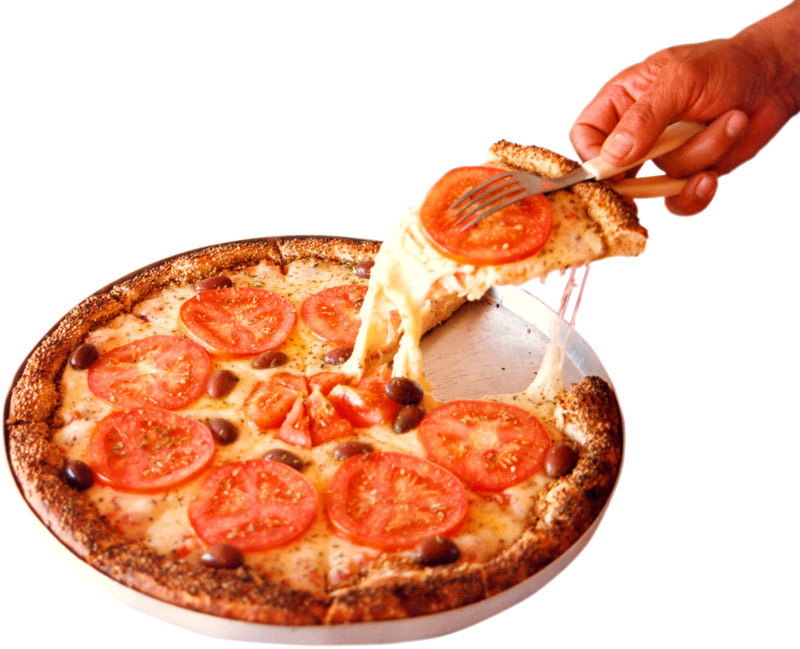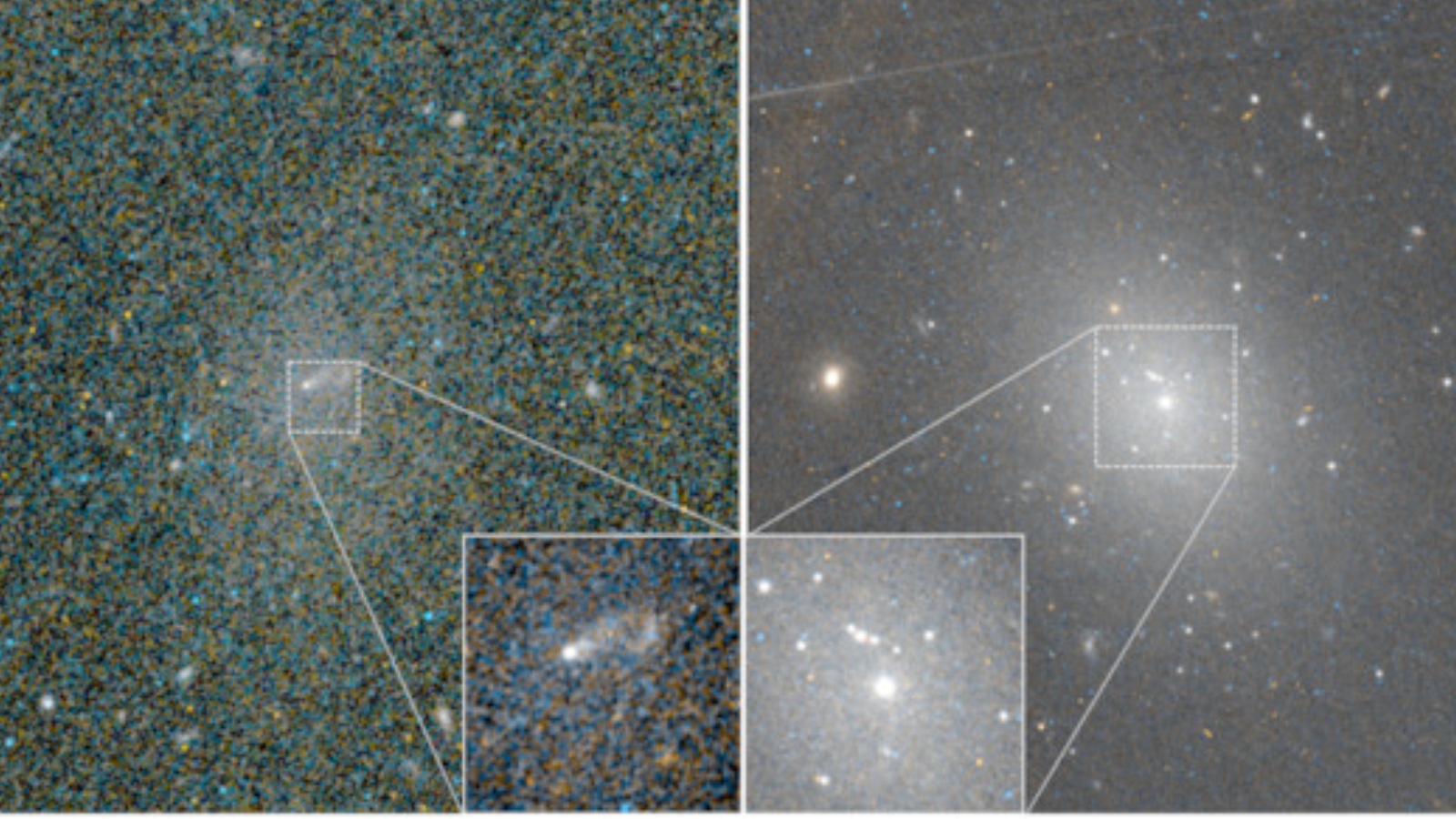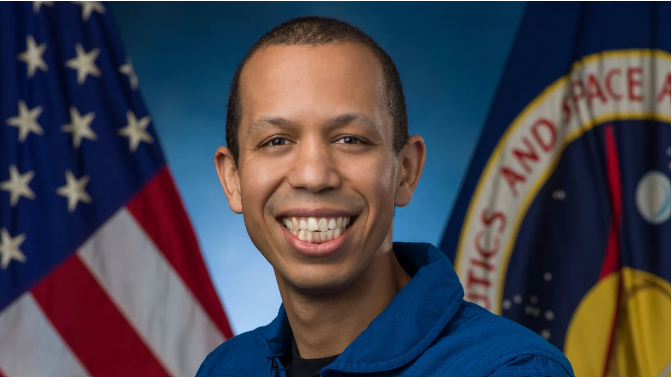NASA Funds 3D Pizza Printer

NASA has doled out a research grant to develop a prototype 3D printer for food, so astronauts may one day enjoy 3D-printed pizza on Mars.
Anjan Contractor, a senior mechanical engineer at Systems and Materials Research Corporation (SMRC), based in Austin, Texas, received a $125,000 grant from the space agency to build a prototype of his food synthesizer, as was first reported by Quartz.
NASA hopes the technology may one day be used to feed astronauts on longer space missions, such as the roughly 520 days required for a manned flight to Mars. Manned missions to destinations deeper in the solar system would require food that can last an even longer amount of time.
"Long distance space travel requires 15-plus years of shelf life," Contractor told Quartz. "The way we are working on it is, all the carbs, proteins and macro and micro nutrients are in powder form. We take moisture out, and in that form it will last maybe 30 years."
Dividing the various components of food in powder cartridges would theoretically enable users to mix them together, like the ingredients in normal recipes, to create a diverse array of nutritious meals.
To prove his idea works, Contractor printed chocolate. Now, he's aiming to build a more advanced prototype to print a pizza, according to Quartz.
The system will start by "printing" a sheet of dough, followed by a layer of tomato "sauce," which will consist of the powder mixed with water and oil. Instead of traditional toppings, the 3D-printed pizza will be finished off with a layer of protein, which can be derived from animals, milk or plants, Contractor told Quartz.
Get the Space.com Newsletter
Breaking space news, the latest updates on rocket launches, skywatching events and more!
While NASA sees applications for 3D printers on future manned space missions, Contractor said his food synthesizer could also be an effective way of addressing the problem of food shortages from rapid population growth.
"I think, and many economists think, that current food systems can't supply 12 billion people sufficiently," Contractor told Quartz. "So we eventually have to change our perception of what we see as food."
Follow Denise Chow on Twitter @denisechow. Follow us @Spacedotcom, Facebook or Google+. Originally published on SPACE.com.
Join our Space Forums to keep talking space on the latest missions, night sky and more! And if you have a news tip, correction or comment, let us know at: community@space.com.

Denise Chow is a former Space.com staff writer who then worked as assistant managing editor at Live Science before moving to NBC News as a science reporter, where she focuses on general science and climate change. She spent two years with Space.com, writing about rocket launches and covering NASA's final three space shuttle missions, before joining the Live Science team in 2013. A Canadian transplant, Denise has a bachelor's degree from the University of Toronto, and a master's degree in journalism from New York University. At NBC News, Denise covers general science and climate change.









